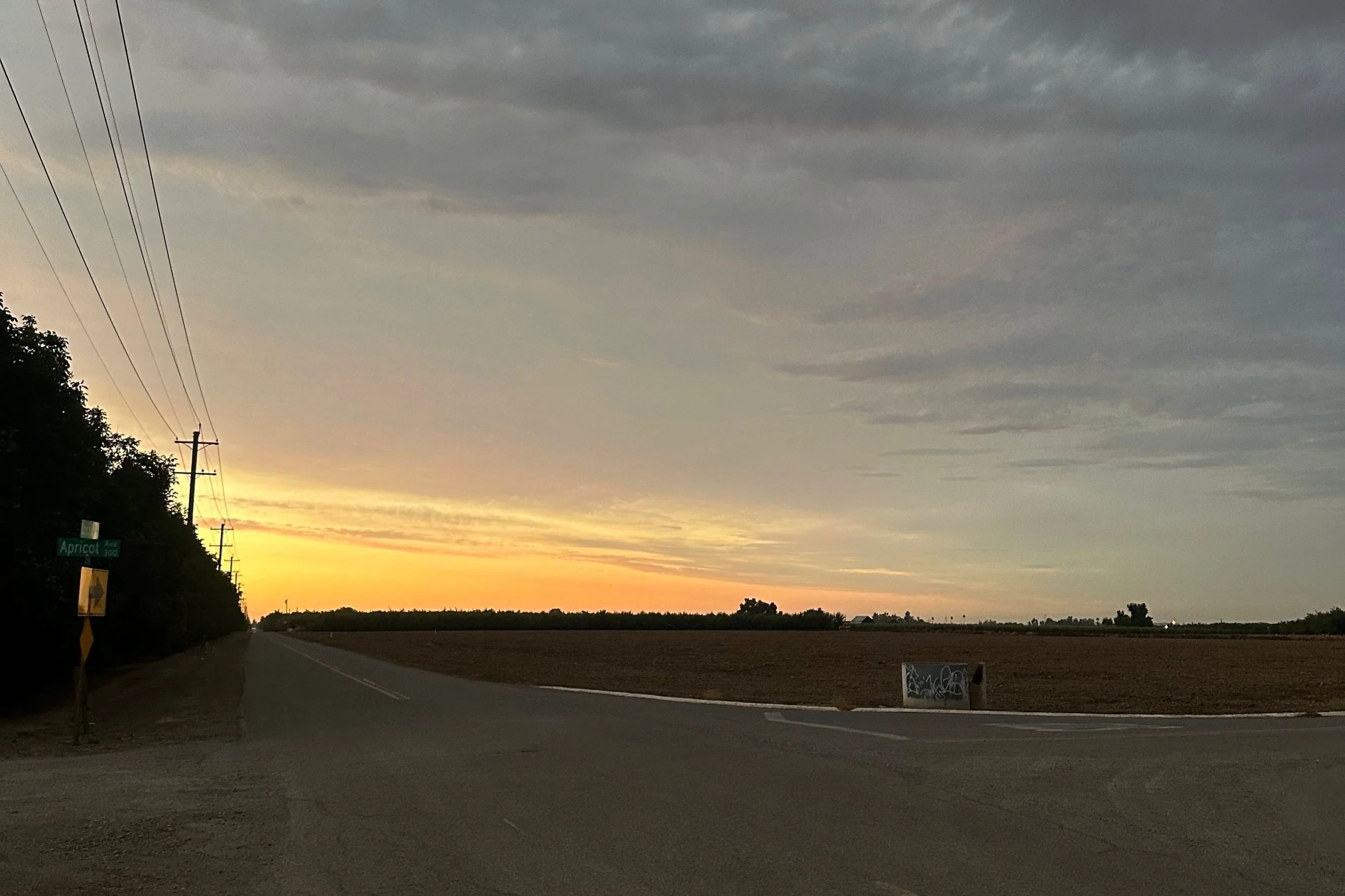Read My Lips
What are your books about?
This question always cracks the frontal lobe of my brain. As if the programmer in my head stands up from her chair and breaks her back–trying to grip the inquirer.
Because my books are never really about the story, it's more about the people.
Someone died. I missed his 21st birthday. My best friend was standing alone in a bathroom at a party. He fell out of love and she fell in. These are all stories, but it’s never really about how it ends, it's always about how it continues.
“You aren’t obligated to answer,” she tells me, “Truthfully––ever. You don’t have to be honest, you just have to be real.”
I shake the programmer off and she floats back to the bubbles in my brain.
Hmmm what are my books about:
I learned about free indirect discourse before Christmas break.
This term that was created in the 19th century reassures me that someone out there was just like me–someone wanted to put a name to the art, a definition to the craft of blurring out a static narrator.
It’s a skill that writers showcase. They dip in and out. A needle dancing with a thread of their self-consciousness—their memory.
A phenomenon of private moments. Privileged information.
You’re in the skull of someone my professor explains.
A writer’s thoughts and perceptions burst forward onto a page.
It’s an exploration of their human conscience.
For example, I can say, “The boy I like is tall and funnier than me,” but if I include free indirect discourse then I would say,
“The boy I like isn’t the type to be troubled by fits of anxiety. He is so different from me in that way. I want to ask him if he still remembers his landline number from when he was little. I want to ask about breakfast, birthdays, and his bad days. Does he like snowman cookies? I’m a Scorpio and the oldest daughter. And I only ever cry in my car. Does he sleep with three pillows? Does he like sunlight? What about honey.”
An intensely personal experience—that is what free indirect discourse is.
Or I can say, "I couldn’t be her friend anymore. There was no reversing what she did to me.”
But with free indirect discourse, I would say, “She was standing in front of me, holding out her hands trying to touch mine. My eyes were momentarily glossy before I blinked away my tears along with any doubts I had about this decision. She used to be everything and yet I was asking her to leave.”
I think this is what I’m going to say when people ask me what my books are about.
It’s just a fuck ton of free indirect discourse.
I have the brain of an addict and the heart of a sixteen-year-old girl. I can’t handle things emotionally.
I wait and write out narratives in my head.
I’m flickering between my channels of excitement, grief, compulsive analysis, and game-playing.
Hands up, I’ll admit that as a little girl, I always took moments to a greater extreme than most kids, I at least think.
From a poetic standpoint, this has worked out in my favor, for I can hash out memory and churn it so it isn’t as chunky but from a non-poetic standpoint, this sucks because no one sees me.
I don’t want to be a human trying to be spiritual. But whatever. I have a party to attend and a taco salad waiting for me in the kitchen.
